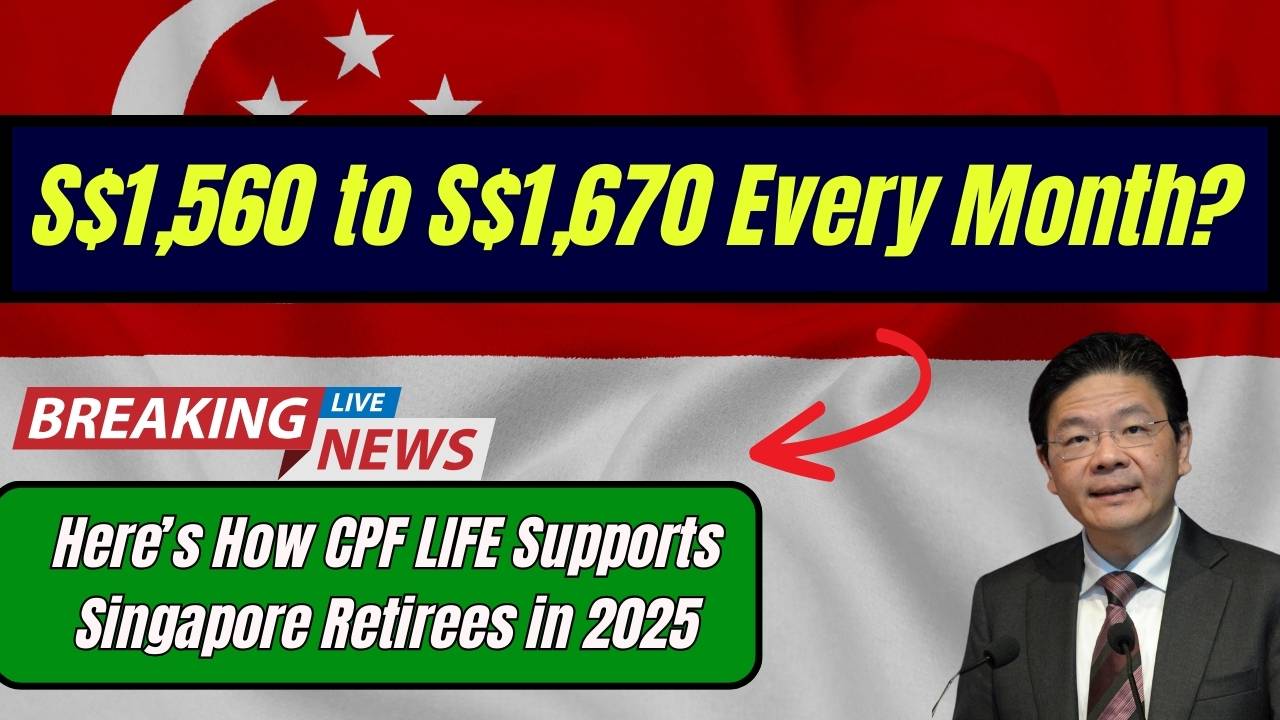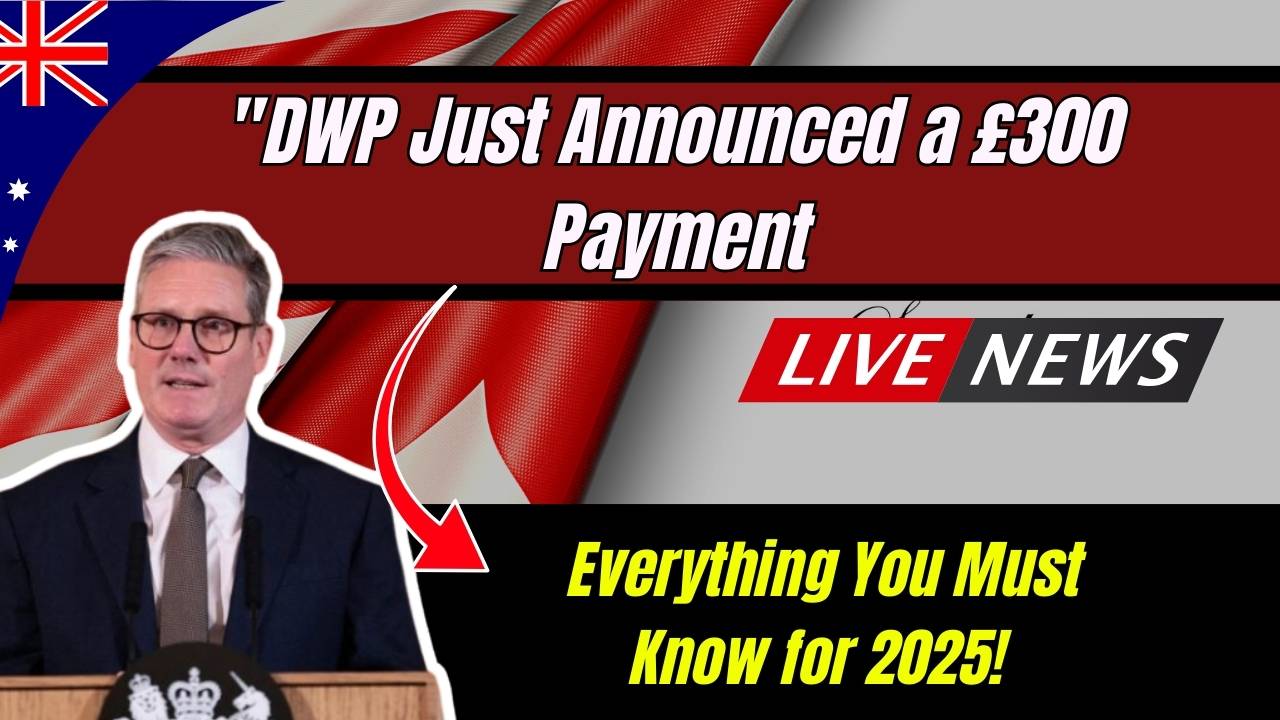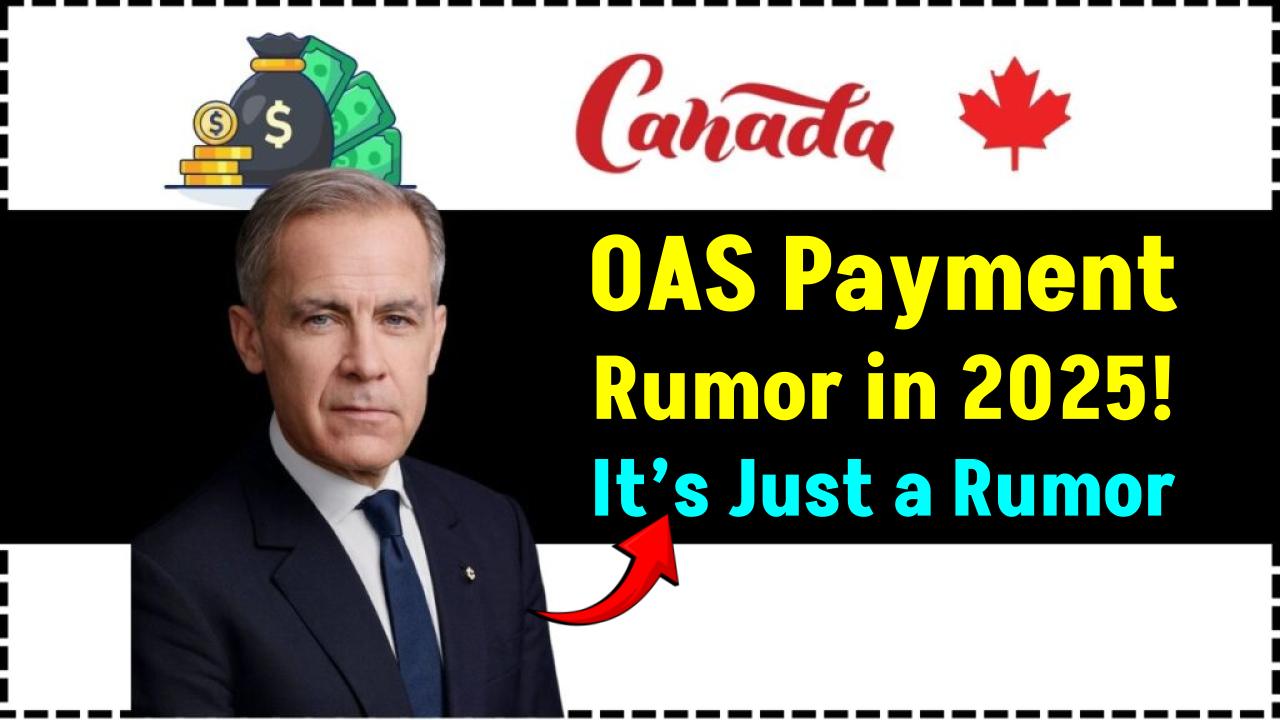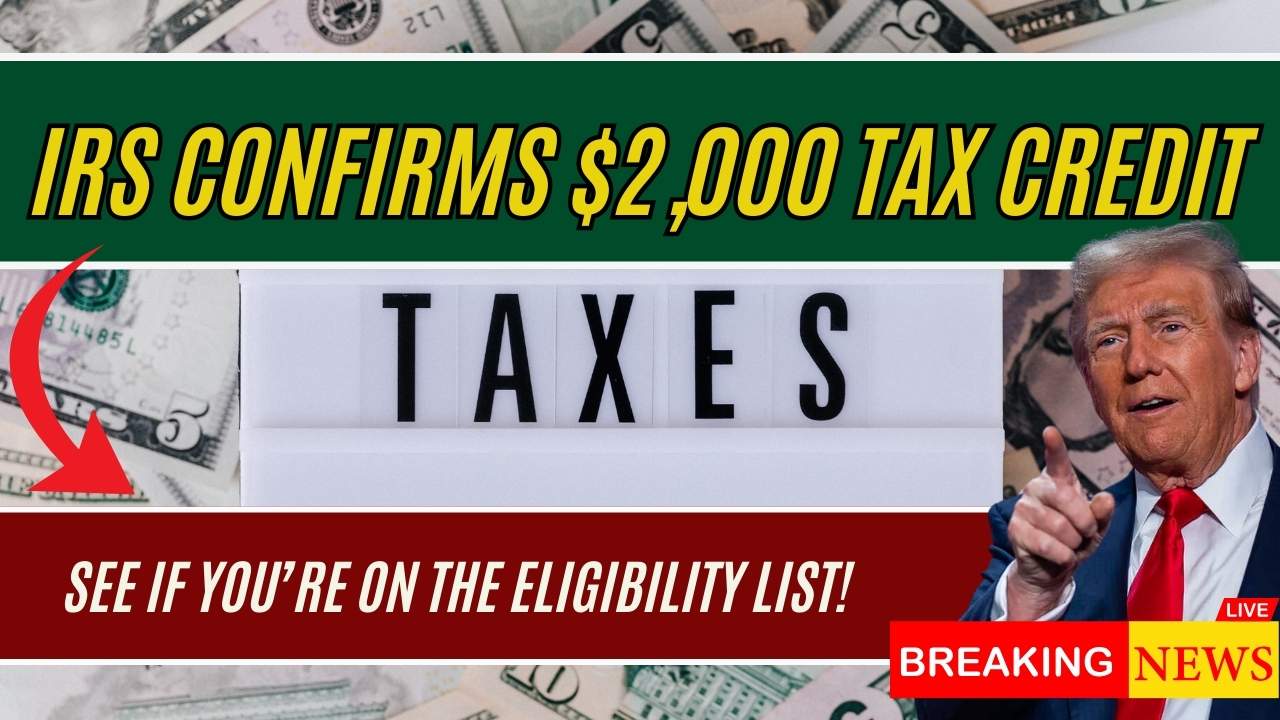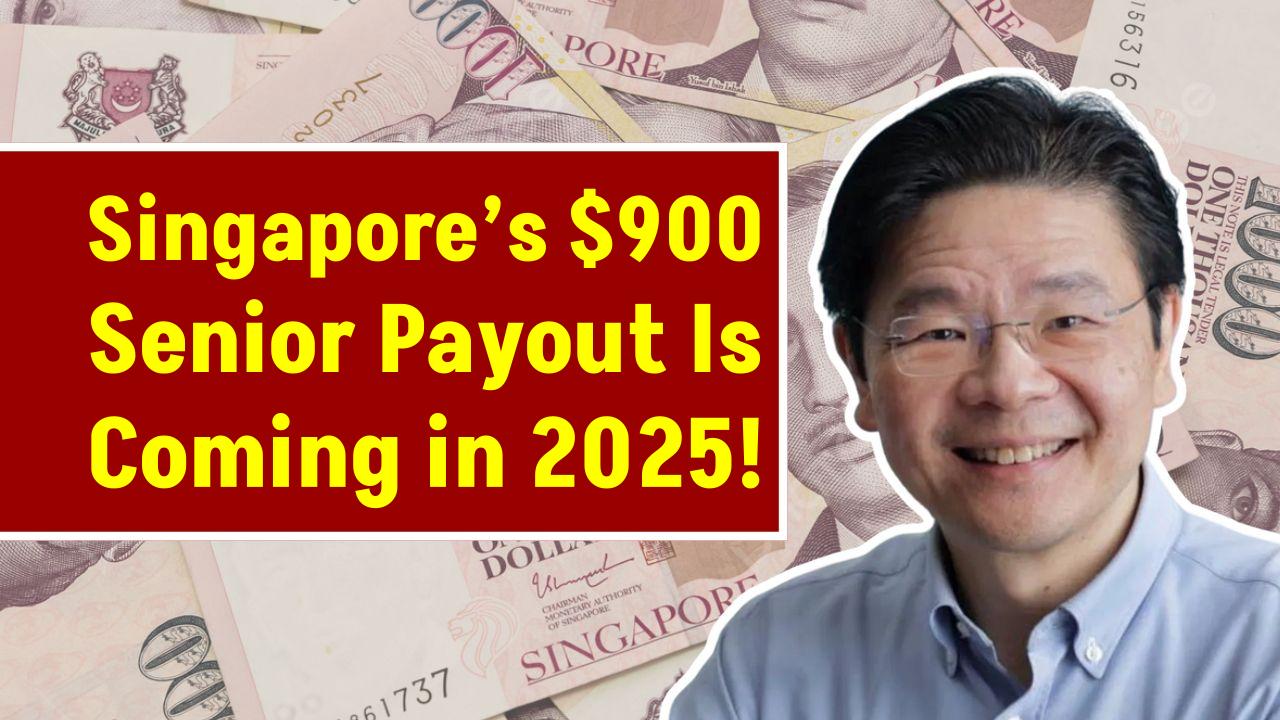Rare Coins Alert: The Bicentennial Quarter Worth $90M and 4 Others Making Headlines
The Bicentennial Quarter Worth $90M: The 1976 Bicentennial Quarter, once a simple pocket change item, is now making waves online with claims of being worth a whopping $90 million. But is it real, or just internet hype? This article dives deep into the reality of these coins, how much they’re really worth, and which rare coins actually make collectors millions.

The Bicentennial Quarter Worth $90M
| Topic | Details |
|---|---|
| Headline Coin | 1976 Bicentennial Quarter |
| Viral Claim | Valued at $90 million |
| Verified Auction Price | $19,200 for a high-grade Silver Proof |
| Coins Worth Millions | 1794 Flowing Hair Dollar ($10M), 1933 Double Eagle ($18.9M), 1894-S Barber Dime ($1M+) |
| Grading Standard | Coins rated MS67 or higher by PCGS or NGC |
| Advice | Always consult professional graders before selling |
| Official Link | PCGS Official Website |
The buzz around a $90 million Bicentennial Quarter is more fantasy than fact. But that doesn’t mean rare coins aren’t valuable. From silver proof quarters to century-old dimes, genuine numismatic treasures do exist—and some are worth millions. The key is to verify, grade, and understand your coin’s true value before making any assumptions or sales.
Understanding the Bicentennial Quarter Hype
The 1976 Bicentennial Quarter was released to celebrate America’s 200th year of independence. Its distinctive “1776–1976” dual date and colonial drummer design make it visually unique. But despite the buzz, claims of a $90 million valuation are unverified and not grounded in auction records or expert evaluations.
So, where did the $90 million claim come from?
Internet articles and viral videos often exaggerate coin values for clicks. While a Bicentennial Quarter might be valuable in rare conditions, most are worth between $0.25 and $7, depending on condition, mint mark, and composition.
What Makes a Bicentennial Quarter Valuable?
1. Silver Content
Only 40% silver Bicentennial Quarters, produced in San Francisco and marked “S,” hold true collector interest. These were sold in proof and uncirculated sets to collectors.
- Example: A 1976-S Silver Proof Quarter graded PR70 sold for $19,200 in auction.
2. High Grading (MS67 or Above)
Coins are graded on a 70-point scale by professional services. MS67+ or PR70 coins are extremely rare and command premium prices.
- Grading bodies like PCGS and NGC offer certification that adds legitimacy to a coin’s condition and authenticity.
3. Error Coins
Coins with minting errors (double die, off-center strike, etc.) are often worth more. Bicentennial error coins have sold for hundreds to thousands of dollars, depending on rarity.
4 More Rare Coins Making Headlines in 2025
If you’re looking for coins with true million-dollar value, here are four that actually hold such status:
1. 1794 Flowing Hair Silver Dollar
- Value: Sold for $10 million
- Why: First U.S. silver dollar ever struck
- Rarity: Fewer than 150 known examples
2. 1933 Double Eagle $20 Gold Coin
- Value: Sold for $18.9 million at Sotheby’s in 2021
- Why: Most were melted by the U.S. Mint during the Great Depression
- Ownership: Only one is legally available to collectors
3. 1894-S Barber Dime
- Value: Over $1 million
- Why: Only 24 were minted, with just 9 known survivors
- Collector Holy Grail: Often featured in top U.S. coin collections
4. 1913 Liberty Head Nickel
- Value: Up to $4.5 million
- Why: Unauthorized minting; only 5 exist
- Rarity: Often used in major private collection displays
The Bicentennial Quarter Worth $90M: How to Know If Your Coin Is Worth Anything?
If you have a coin you think is rare or valuable, follow these steps to avoid getting scammed and maximize value.
Step 1: Check the Mint Mark
Mint marks (like S, D, or no mark) indicate where the coin was produced. Bicentennial quarters with an “S” are often proof coins with silver content.
Step 2: Inspect the Condition
A coin’s grade is the biggest factor in its value. Coins in uncirculated or mint state are typically worth more than those in circulation.
Step 3: Look for Errors
Common error types include:
- Double dies
- Off-center strikes
- Wrong planchet (metal disc)
These can increase the value significantly.
Step 4: Get It Graded
Send your coin to a professional service like:
- PCGS
- NGC
They will assess authenticity, grade, and assign a value range.
Expert Tips for Coin Collectors
Whether you’re just starting out or have a full collection, these tips will keep you ahead of the curve:
1. Use Reliable Resources
Avoid relying on social media posts for values. Trust platforms like:
- PCGS CoinFacts
- NGC Price Guide
- Heritage Auctions
2. Preserve Your Coins
- Use coin flips or airtight holders
- Never clean coins—cleaning can reduce value
3. Attend Coin Shows or Join Online Forums
Places like CoinWeek and Collectors Universe Forums are filled with expert opinions and sales trends.
4. Stay Updated
Rare coin values fluctuate. Bookmark pages like:
- Heritage Auctions
- Stack’s Bowers
FAQs on The Bicentennial Quarter Worth $90M
Q1. Is the Bicentennial Quarter really worth $90 million?
No. There’s no verified sale or expert appraisal supporting this claim. It’s a viral exaggeration.
Q2. What’s the most valuable quarter ever sold?
The 1796 Draped Bust Quarter in MS67+ condition has sold for over $1.5 million.
Q3. How do I know if I have a silver Bicentennial Quarter?
Check for the “S” mint mark and weigh the coin. Silver quarters weigh slightly more than regular copper-nickel ones.
Q4. Can I sell rare coins online?
Yes. Use reputable platforms like eBay (with caution), Heritage Auctions, or consult a local dealer for appraisals.
Q5. Should I clean my old coins before selling?
No. Cleaning can permanently damage coins and reduce their value by 50% or more.

